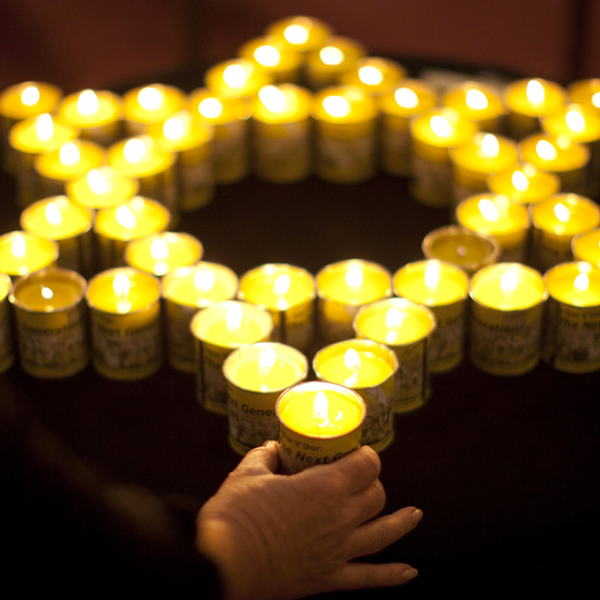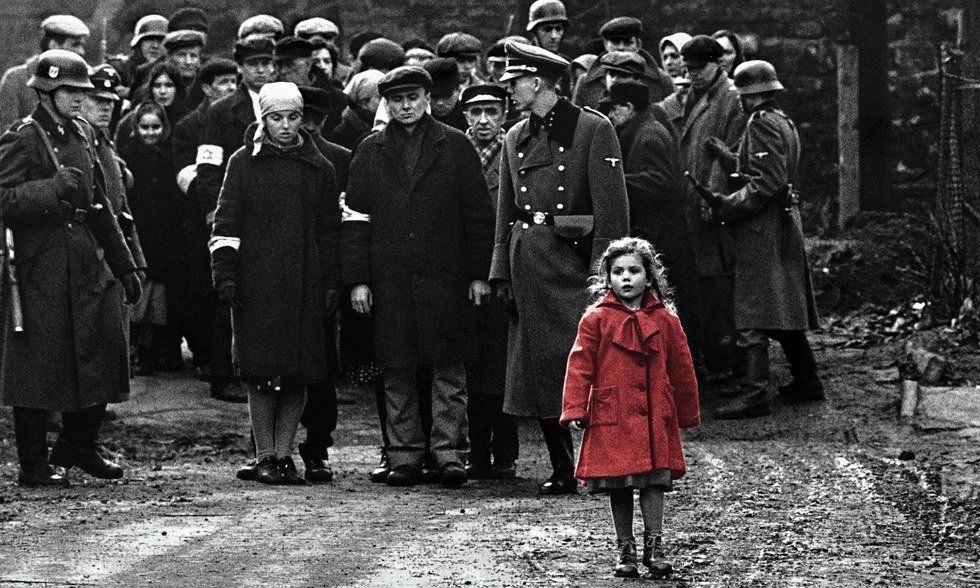I have a confession:
Every year, the week of Christmas, I watch Schindler’s List. Multiple times. I make a day out of it. It’s a ritual, a tradition of a kind. I watch the movie and spend the rest of the day in silent thought.
I know it sounds weird, but it really helps me ground myself back in reality.
It’s so easy to just go on with our very, extremely privileged lives and forget about how much anger and death preceded us and still lives on today. If you and I are honest with ourselves, it’s easy to block out the horrors of the past when the new Star Wars film is only 11 months away. What I mean is that I think Schindler’s List is, and will always be, the single most important film ever made.
Let me start off by asking a question; when was the last time you watched Schindler’s List? Or gave any thought at all to World War II outside of the American military prism?
I think, for most people, the answer isn’t the right one. And, yes, there is a right answer.
In no uncertain terms, the Holocaust, and World War II by proxy, is possibly the single most horribly violent, discriminatory and out-right devastating war crime to have ever been committed. And to spend a single day not recognizing that is a disgrace.
History does often repeat itself, but it doesn’t have to.
I could spend days talking about the technical aspects of a film like Schindler’s List. But, I’m not a film student, just a film geek (similar, but different), and I’m not writing this for a film audience. What I really want to focus on is what the film means to us as a species.
Directed by Steven Spielberg and based on the book by Thomas Keneally, I don’t think any movie has stacked the cards against a filmmaker like this one did. How could anyone, anyone at all, do a story like the one of Oskar Schindler justice? None of us are worthy. None of us are worthy. But, unfortunately, it is necessary to tell a story like this. No, it’s a requirement that this story is told.
A story not only about incredible tragedy, but about the good we can do in the face of it.
“He who saves one life saves the world entire.”
As dire as the events of the film are, Oskar Schindler saves over one thousand Jewish lives. I mean, just thinking about that is staggering. I’m in awe of any person who manages to do good like that.
It’s an education. An education in hope. In other words, to feel despair is to be ready to receive hope. The events of the Holocaust are next to unspeakable, but as I said before it is necessary to tell a story like this. Especially today.
When I heard about the shooting at Fort Lauderdale, I was outraged. I felt hopeless and angry and heartbroken for so many innocent lives to have been taken from us again. After I grieved, I felt hope. Maybe, now, after such a disgusting act of violence, we could have hope that this wouldn’t happen again. That we might now pull together and do something to prevent preventable violence.
I have to believe that that is true.
More than one person over 50, my mother included (sorry, Mom), have told me that they don’t like to watch or read things that might make them sad or that might be grounded in real life. My mother has never seen Schindler’s List, for example. I used to talk about film with my high school history teacher Mr. Kemp and when I’d talk about a particularly violent or depressing film he would say something along the lines of, “Yeah, I haven’t seen that. I’ve just gotten too old to want to watch something that’s going to make me feel something.”
I suppose that, objectively, I understand their point of view. Why purposefully make yourself sad? Is that even healthy? I think it is. It’s healthy to reflect and to doubt and to be sad. It’s human. It’s how we make sure we don’t make the same mistakes over again.
Spielberg shot the film in black and white to avoid even accidentally glorifying the violence. He donated all the money he was supposed to make for the film to charity. And his camera, when showing a scene of grotesque discrimination or violence, doesn’t look away. It doesn’t flinch in the face of the permeating sadness of the events of the film. In fact, it makes a point to show it to us as it is.
Because this is a story that must be told. Because this is a lesson we all must learn. It’s something we all must come to accept that it is our duty to do.
Considering the state of the world today, I cannot think of a more important thing we can all do when faced with injustice; look.
I once made a joke and it went something like this:
“When you first start seeing someone, sit down with them and watch Schindler’s List. If they avert their eyes, dump them immediately.”
The thing is, though, I was only half joking. To me, there isn’t anything more disgusting than turning away from injustice and brutality and degradation and discrimination. And that’s what Schindler’s List is really about; facing immorality head on. It forces the viewer to look and to remember and to be saddened that anything like this ever happened.
It is through this education that we can stop history from repeating itself.
Otherwise it might.
The world is still full of bad people. It might always be. Genocide didn’t end with the Second World War. Injustice still exists, even in America. Pretending that our first-world problems are actual problems so to block out the reality of the world around us is an injustice in itself that I cannot stomach.
I implore you to watch Schindler’s List. I beg you from my knees.
No film is more important to our survival.





















